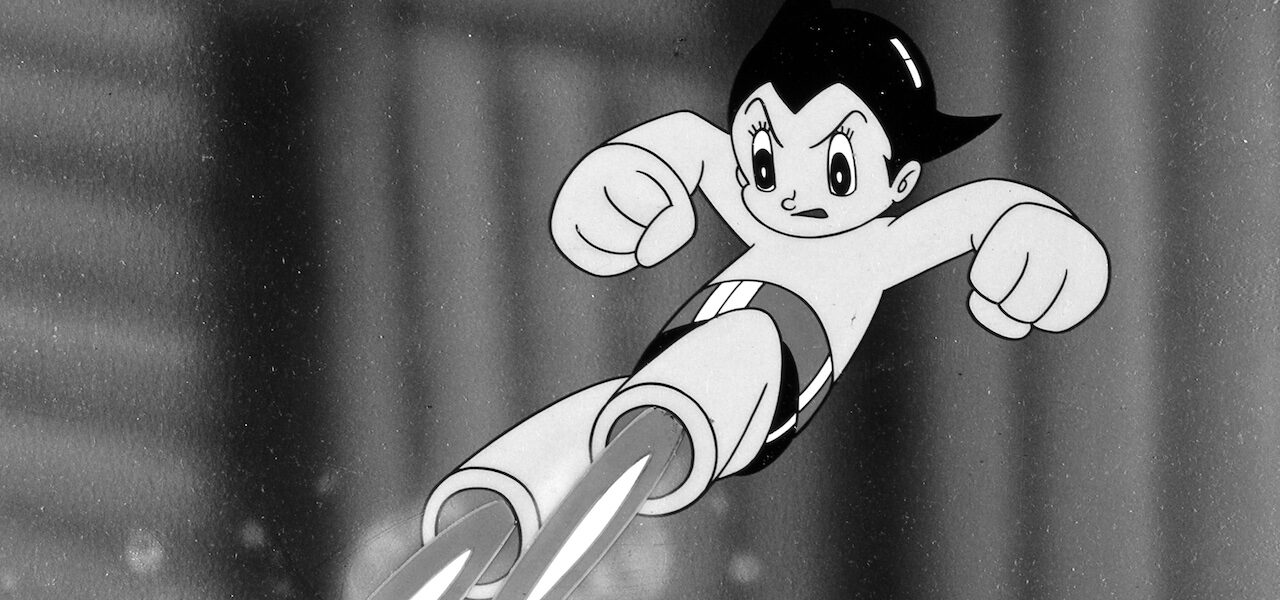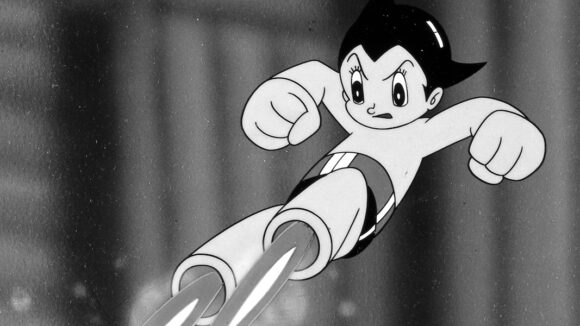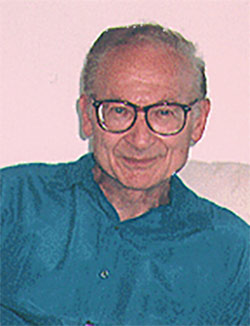

Fred Ladd, Producer Who Helped Introduce Anime To U.S., Dies At 94
Fred Laderman, a pioneering producer of English-language versions of anime shows, died on August 3. He was 94.

Laderman, known professionally as Fred Ladd, was born in Toledo, Ohio on February 19, 1927. After graduating from Ohio State University with a degree in radio and speech, he worked in radio in New York, before joining an ad agency that had a sideline in film production.
There, he was charged with re-editing and dubbing European animation. He ended up writing and co-producing the Belgian-American feature Pinocchio in Outer Space (1965), which was released in the U.S. by Universal.
When NBC Enterprises acquired the rights to a Japanese animated series called Tetsuwan Atomu (image at top), they turned to Ladd for help with localization. He re-edited and dubbed episodes, and thus was born Astro Boy, the American version of Osamu Tezuka’s groundbreaking show. Syndication began in June 1963, marking the first time a cel-animated series from Japan had aired in the country.
As part of this work, Ladd had to negotiate cultural sensitivities, cutting scenes on the grounds that they were too violent or sexual for U.S. audiences. He also sought to enliven the very limited animation by enhancing the soundtrack. As he explained in his 2009 autobiography-of-sorts Astro Boy and Anime Come to the Americas: An Insider’s View of the Birth of a Pop Culture Phenomenon (written with Harvey Deneroff):
Coming from a radio background, I knew we could “sweeten” the soundtracks to make viewers think they were seeing more than they actually were. For instance, we added traffic sounds (cars whizzing by, horns honking, etc.) to visually static street scenes to “bring them to life”; similarly we might add the sound of a dog barking or the lonely howl of a faraway train to a night scene. And, where feasible, we added off-screen “dialogue,” usually grunts and other sounds of assent, to fill voids in otherwise still shots. All these touches helped add a sense of life, briskness, energy, and “drive” to the action.
Astro Boy was a hit, and Ladd became sought after by anime importers. In the 1960s, he produced local versions of Gigantor for Trans-Lux and Tezuka’s Kimba the White Lion for NBC Enterprises. When Disney released The Lion King decades later, Ladd was among those who angrily pointed out the film’s more-than-passing resemblance to Kimba.
Ladd continued to work in localization and production through to the 1990s, when he served as a consultant on DiC Entertainment’s dub of the anime sensation Sailor Moon. Meanwhile, his experiments with colorizing monochrome anime led to commissions to colorize classic American cartoons like Looney Tunes and Betty Boop, for which he worked with a team in South Korea. He also wrote on domestic animated series including Marvel’s The Incredible Hulk and Filmation’s Ghostbusters.
But it’s for his work with anime that Ladd will be chiefly remembered. While the interventionist form of localization favored by him and his contemporaries has fallen out of fashion in recent years, it introduced American audiences to classic series that laid the groundwork for anime fandom in the country.

.png)